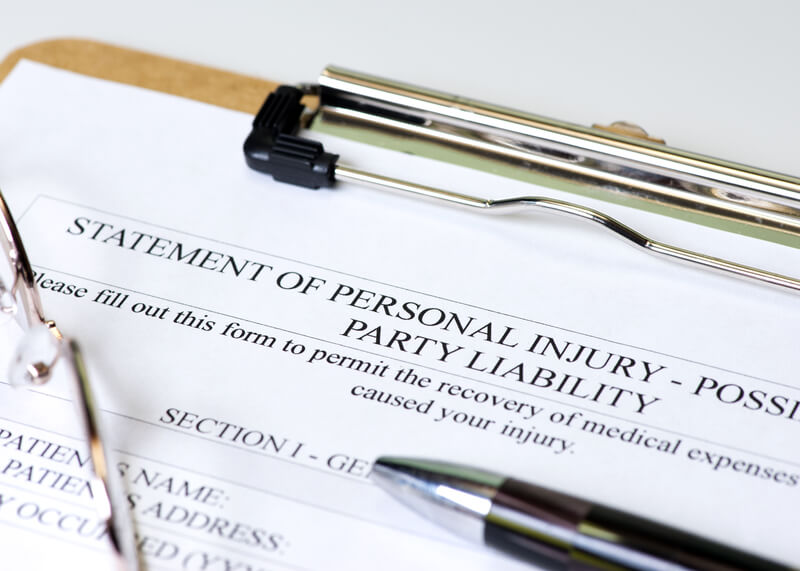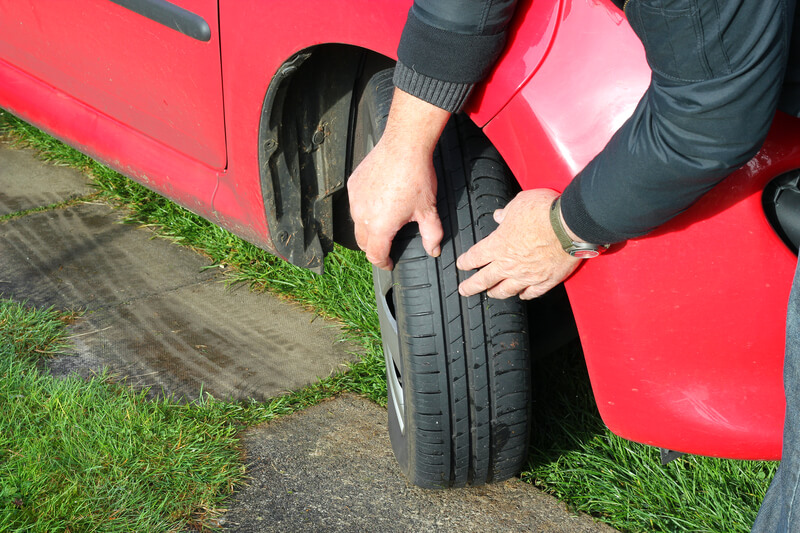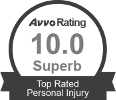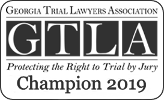One of the most unsettling thoughts you can have on the road is wondering how many drunk drivers are right alongside you, maybe following too close, zigzagging into your lane or barreling toward you, still out of sight. Unfortunately, your worst guess is probably still too low. Every day, about 29 people die in the United States from impaired-driving-related crashes, according to the CDC. In 2016, 28 percent of all traffic deaths were alcohol related, and 1 million people were arrested for driving under the influence of alcohol or narcotics.
It’s easy to understand why many communities are so invested in drunk driving prevention: It saves lives and it has a real economic impact. Fortunately, there are strategies, education approaches and technology that work to lower rates of impaired driving. We’ve broken them down into steps you can take yourself and ones that are more contingent on community, enforcement and the legal system.
What can you do to prevent drunk driving?
Drunk driving has a social component that’s hard to ignore—for many folks, it’s part of a night out. Don’t accept that reality in your life or in your friend group.
- When you go out, choose a designated driver beforehand or plan to split a rideshare or taxi home.
- If a friend is too impaired to drive, speak up. It may feel awkward, but it’s worth the effort. Remember the old adage: “Buzzed driving is drunk driving.”
- If you host, don’t let your guests leave drunk. Serve light drinks, order a ride or even offer up your couch if you need to.
- For parents of teens, talk openly about drunk or impaired driving. Even if you trust your teen to never drive impaired, the social pressure to hop in the car with an inebriated friend is real. Reassure your teen that calling you for help is always OK.
What can the community do to prevent drunk driving?
Individual actions can make a big difference in helping establish the perception of drunk driving as something that’s never acceptable. But larger social programs and legal interventions have a measurable effect on the numbers.
Sobriety checkpoints are the law enforcement equivalent of the host at the front door making sure everyone leaves sober. When checkpoints are mounted in highly visible areas—think a well-traveled road in a college town—they send a clear message that drunk driving is not OK. Police will conduct breath tests on drivers they suspect have been drinking leading, inevitably, to some DUIs.
After a DUI, license suspensions or revocations can help keep offenders off the road. Similarly, ignition interlocks keep cars from starting if the driver has a blood alcohol content (BAC) above a certain level—usually 0.02 percent. Because ignition interlocks are so effective at stopping repeat offenders—one of the most at-risk groups—the CDC recommends they become mandatory for all DUIs.
Education can also help disrupt the cycle of driving under the influence, and, unlike the methods above, is less reactionary. School programs, mass media campaigns and interventions in healthcare settings can all help stigmatize drunk driving while also allowing those with alcohol or substance abuse problems to seek help.
If you’ve been injured in an Atlanta drunk driving accident, you need a personal injury attorney to help you get the compensation you deserve. Contact the accident attorneys at Litner + Deganian for a free consultation at our office, conveniently located in Druid Hills near Emory and Decatur.












